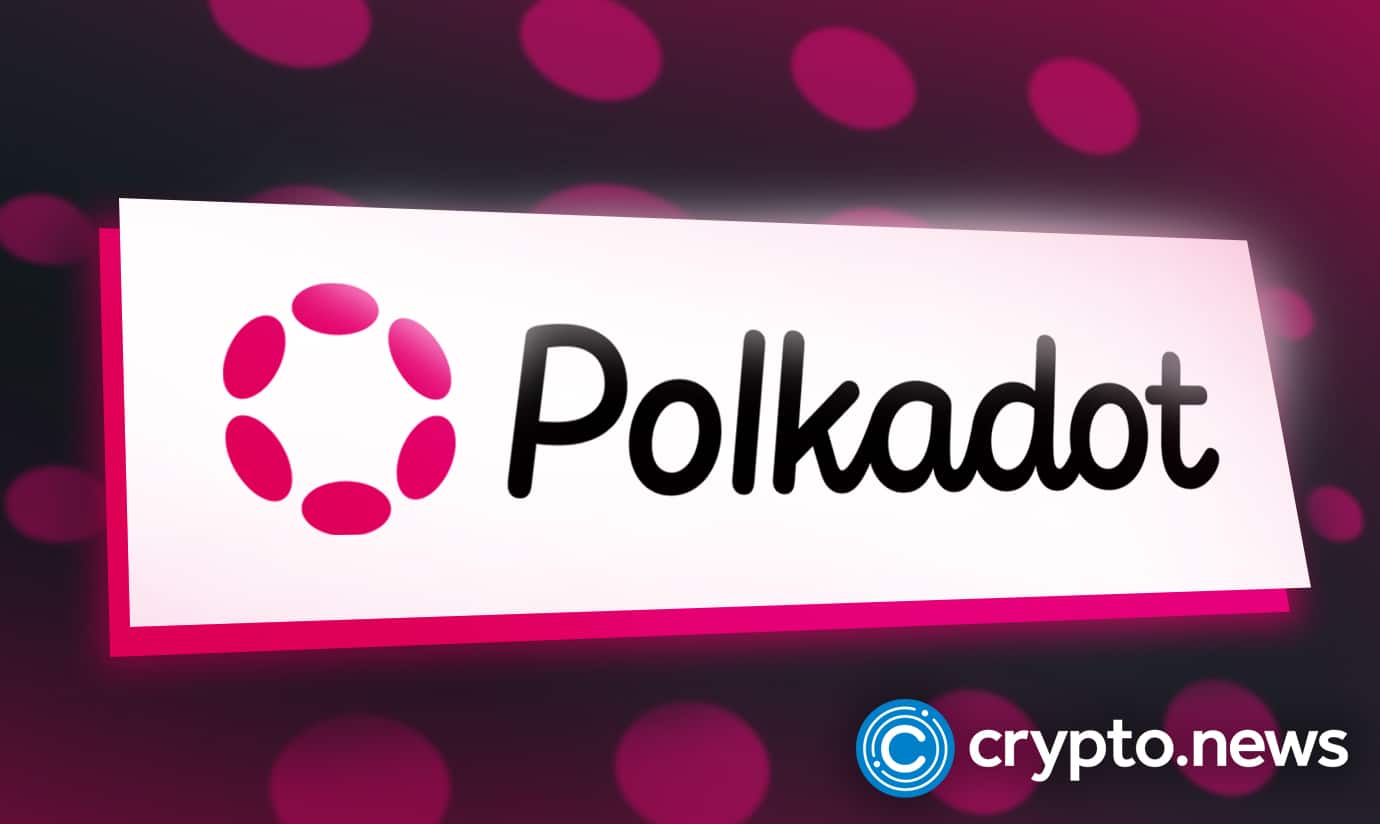Polkadot Finally Launches Cross-Consensus Messaging for Full-Interoperability

Polkadot has launched its messaging system, which will leverage a Cross-Consensus Messaging format (XCM). With this system, all Polkadot-based blockchains can directly communicate, making it the first time to do so, including the transfer of NFTs freely. Through the announcement, the network is making its goal of becoming “a fully interoperable multi-chain ecosystem,” a reality.
XCM is Quite Efficient
Polkadot is a blockchain network that aims to achieve interoperability by hosting a web of linked, modular, and independent blockchains known as parachains. A separate network known as the Relay Chain is at its heart, which acts as the underlying security layer for its parachains.
XCM cannot send messages across systems. It is a format of how message transmission should be carried out. It seeks to be a language for exchanging ideas between consensus systems, hence “Cross-Consensus.” It is general and extendable enough to be used with fee-free and gas-metered smart contract platforms, community parachains, trustworthy interactions between system parachains and their relay chain, etc.
XCM also engages with a system with an undefined transaction format. XCM is well-versioned, abstract, and generic, and folks may use it to provide a long-lasting transaction format for wallets to make numerous typical transactions. It is expandable, which makes it future-proof and forward-compatible. Notably, operating in a strictly limited and metered environment is also very efficient, as with many chains.
Achieving Full Interoperability
The full cross-chain interoperability feature of the Polkadot ecosystem is one of the most anticipated features of the project. It has been on the roadmap since its launch in 2017.
The Cross-Consensus Messaging format, which will allow communication between the various parachains in the ecosystem, is almost two years after the network’s launch. After completing its audit, the cross-chain interoperability system has been tested and certified on the Kusama blockchain.
In the future, the project is working on a new system known as Cross-Chain Message Passing, which will allow direct communication between the various parachains in the ecosystem without the interference of the relay chain. This feature will allow messages to be sent to multiple cryptocurrencies such as Bitcoin and Ethereum.
Polkadot Price has Recovered Slightly
After the announcement, Polkadot gained some traction. Currently, it is trading at $15.11, which is 0.94% higher than yesterday. Although it is still about 10% below last week, it might start seeing some improvement due to this news.
The price of Polkadot formed a double top on February 6 and April 1 at around $23.27. The price then went crashing to the $15.97 support level, and the support level is hovering at about $14.89.
The three-day demand zone, which is at $12.93, is a significant support area for the short-term trendline of the move from $10.37 to $12.93. Any rally above this level will likely face resistance at the $15.97 hurdle.
In the coming days, a drop of at least 12% is expected for the Polkadot price, likely targeting the demand zone. DOT might form a potential bottom if the sellers push deeper into the support area. If the rally breaks through the support level, it will pave the way for a more significant move to the $23.27 hurdle, a 78% gain. However, this would only happen after the expected 12% drop.
Polkadot Demand Goes Down
The price of the coin fell below the 20-day simple moving average (SMA) of the market, which indicated an increase in sellers. As a result, the Relative Strength Index also declined.
As the coin neared the oversold territory, many buyers exited the market. A bounce back in the buying activity could help the price rise above the 20- and 50-day moving averages, shown in the third week of April.















